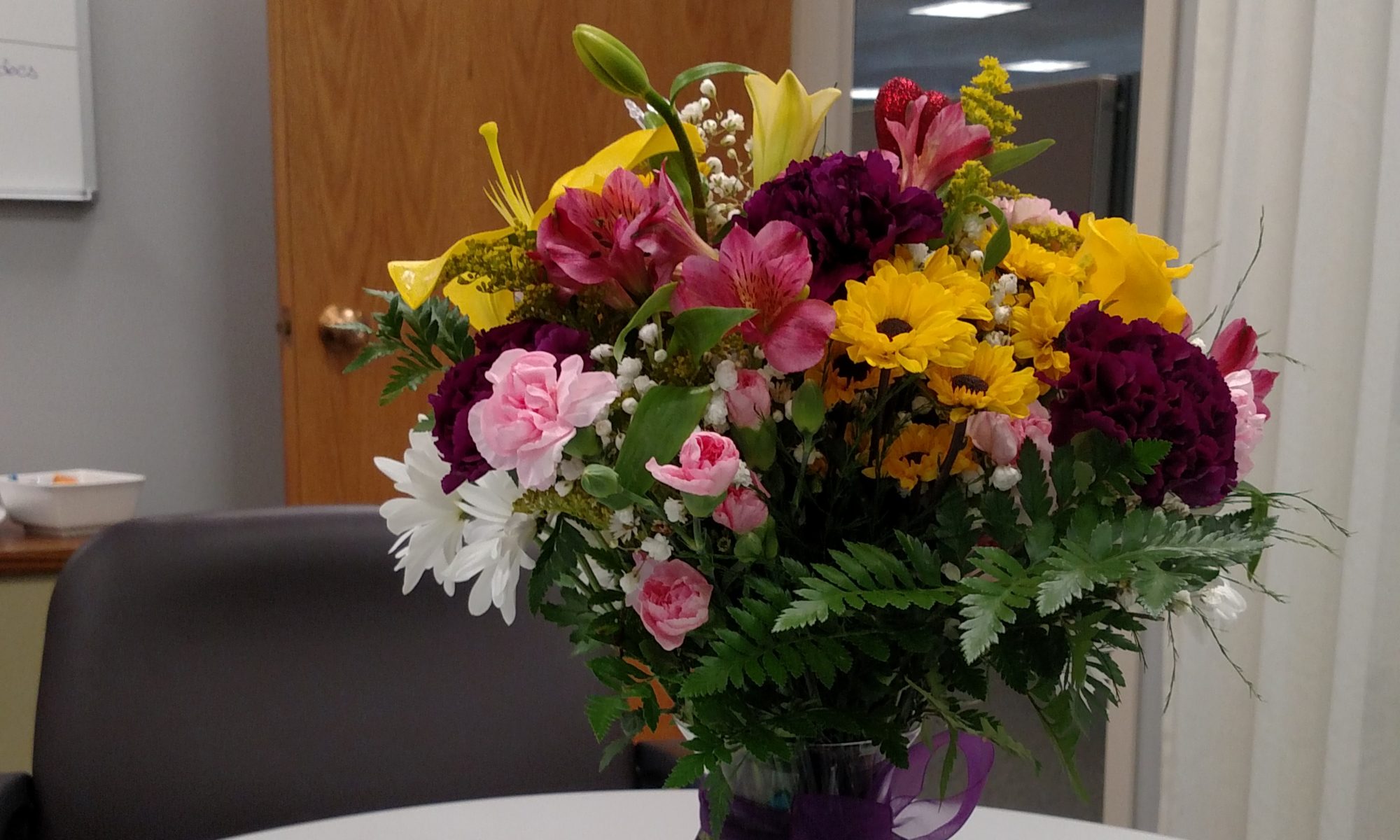
Never miss a blog. Sign up here for my Monday morning newsletter – “It’s Monday”. You’ll get information about new programs and offers, links to interesting videos and books all in your inbox.
You don’t want to be a cartoon. You certainly don’t want to be an emoji. You, my beautiful friend, are a person. You’ve been gifted with a plethora of feelings, some so sublime, they can make you weep for pleasure.
Don’t waste your FOMO on food, cars or the newest movie. If you have FOMO for anything, it should be fear of missing out on the opportunity to expand your emotional vocabulary.
Seriously, when we want to try a divine meal, or drive a hot car or catch the latest flick, we’re looking for a feeling. I’m seriously mad for the new Toyota Supra. I know driving that car will give me a feeling of exhileration – that’s what I’m after when I’m consumed with the desire to leap from my chair and go buy one. I’m certainly not after the payments or dealing with the issues of owning a car whose rear differential is a massively complex computer system. I want the sheer rapture of feeling g-force and the joy of swooping around a curve in a growling, magnificent liquid-red machine. I want the damn feeling.
Try this exercise –
Would you rather have the life described here:
Good, bad, scared, neutral, angry, loving, sad, happy
Or the life described here?
Awkward, adaptable, blocked, blissful, confounded, connected, dreadful, devoted, euphoric, envious, fragile, forgiving, glum, grateful, hesitant, hardy, immobile, inspired, jittery, jubilant, liberated, lonely, malicious, motivated, nervous, natural, offended, outgoing, perseverant, pessimistic, quiet, quarrelsome, reliable, reactive, sane, seething, sullen, sunny, tender, touchy, unburdened, unbending, vulnerable, vigorous, weary, warm, youthful, zany
Right. We want the full catastrophe. We want to have a full life with a smorgasbord of feelings.
The truth is, you can have any feeling you want, right now. But you can’t create a feeling until you can name it and that’s where a great emotional vocabulary comes in.

It’s true. Here’s how:
Feelings are caused by thoughts. Since you can control your thoughts, you can create a feeling. (Sensations like hunger, pain, sleepiness are physical – that’s not what we’re talking about here.) Actions arise from feelings and since we can control our actions, we can also back into a feeling.
- Pick the feeling you want to have. Mine is marvelous.
- Really think about what you experience when you feel it. When I feel marvelous, my shoulders are relaxed, my brain feels light, uncluttered as if I’ve just exhaled. My eyes are alert, I’m curious and engaged. When I feel marvelous, I’m not in a hurry, I’m happy where I’m at and interested in what’s next, but not eager. I’m capable and content, curious and engaged, joyful and in no hurry. I’m marvelous, simply marvelous. There is nothing wrong in the whole world. See why I like to feel this way? Now it’s your turn. Describe how your body and mind feel when you are experiencing your desired feeling.
- Remember how you act when you feel this way. When I feel marvelous, I get right to what I want to do, I don’t run, I notice everything around me and appreciate it. I look people in the eye, I smile. I have time to compliment their new shoes but I don’t dillydally. I’m heading somewhere, in no hurry but not wasting time. I’m generous with my help when I feel marvelous. I’m able to listen well. I can change course easily. Now your turn. How do you actually behave, in the world when you feel this way?
- Figure out what you’re thinking when you feel this way. When I feel marvelous I think things like “Everything’s great. I’m able to do what’s needed. I have all the time I need. I’m so lucky to be here, to have my job, to enjoy my work. The sky is beautiful. The work is interesting. The people are lovely. I can’t wait to dig into my day.”
- Put that all together. Practice thinking and experiencing the emotion you want. Try to feel it all day. Make it bigger, make it smaller.
- Tie a movement to it. That’s it. Soon, you’ll be able to bring out this emotion any time you need it. When I practice feeling marvelous I raise my arms over my head and drop them to my sides while I give a big exhale, smile and say ‘marvelous’. I practice this often. I might look like a nut, but I can stand in the elevator, take this quick action, think the word to myself and emerge at the next floor feeling, well, marvelous and ready for what’s next.
And that? Is a terrific skill to have.
If you would like a free 25-minute session – click here. It’s free, it’s on zoom, camera on or camera off. It’s my pleasure











